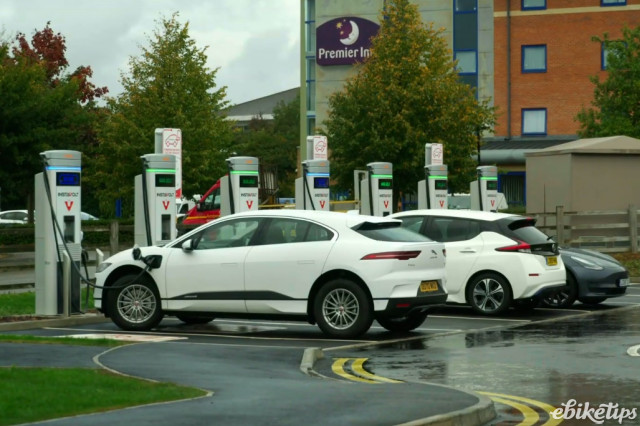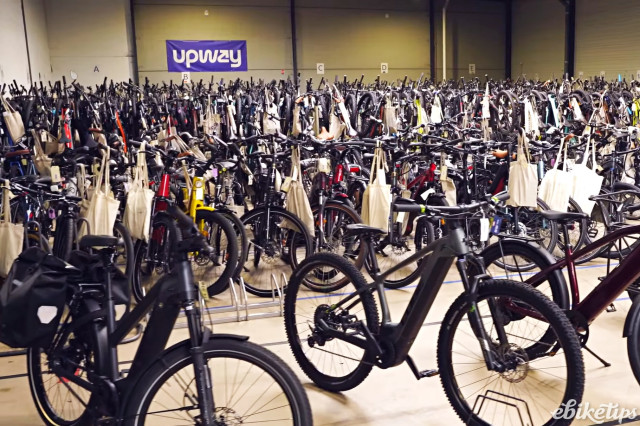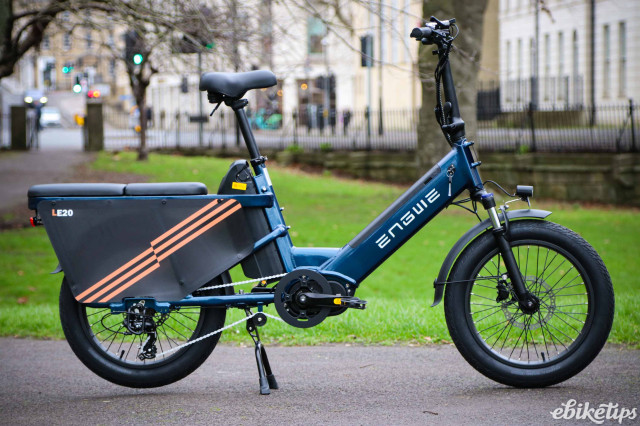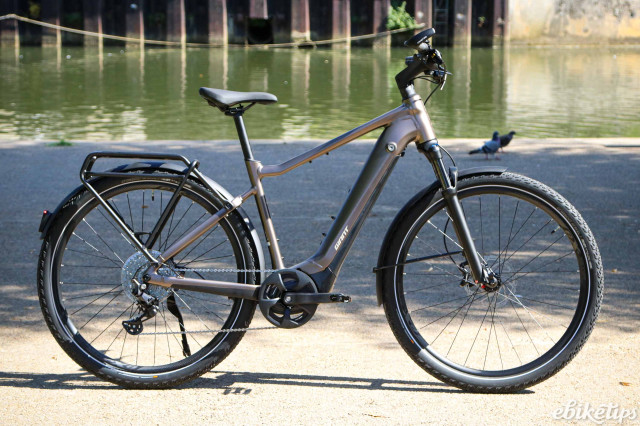Great Britain’s energy regulator Ofgem is to adopt vehicle-to-grid technology that will allow electric vehicle (EV) owners to earn money by exporting electricity from their batteries back to the grid when it is most needed.
In May, Ofgem announced a £300m investment in 1,800 ultra-rapid EV charge points in motorway service areas and key trunk road locations over the next two years, plus a further 1,750 charge points in towns and cities.
Ofgem says it will invest billions more at its next network price control in 2022 with the proposals announced this week intended to further support EV rollout. An estimated 14 million vehicles are projected to be on British roads by 2030.
The Guardian reports that the regulator plans to make it cheaper for charging stations to connect to the electricity grid and will also encourage “smart” charging when demand is low and power is cheap. The flipside of the latter is that EV owners will be able to release the energy back to the grid when demand rises.
Such a move would help reduce the amount of electricity generation needed at peak times. (For the same reason, US e-bike and electric moped rental firm, Revel, recently announced it would automatically adjust its fleet charging schedule to avoid peak demand times.)
Ofgem say these measures could potentially reduce peak electricity demand equivalent to the generation capacity of up to 10 large nuclear power stations.
Neil Kenward, Ofgem’s Director of Strategy and Decarbonisation, said: “Electric vehicles will revolutionise the way we use energy and provide consumers with new opportunities, through smart products, to engage in the energy market to keep their costs as low as possible.
“Our electric vehicle priorities not only provide a way to meet our climate change targets but importantly offers ways to protect consumers from rising bills, through a three-prong approach of increased use of electric vehicles, smart charging and vehicle-to-grid technology which together can help drive down costs for all GB bill payers.”
Last month, Britain’s competition regulator reported that the UK needed 10 times as many EV charging points before the 2030 ban on petrol and diesel cars with the roll-out of on-street charging highlighted as a particular problem
Shell has since announced plans to install 50,000 on-street charging posts by the end of 2025, following its acquisition of Ubitricity in January.
Ubitricity chargers use existing street infrastructure such as lamp posts and bollards. Shell says it will offer local authorities financing to allow for installation at zero cost.






